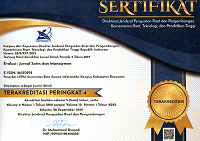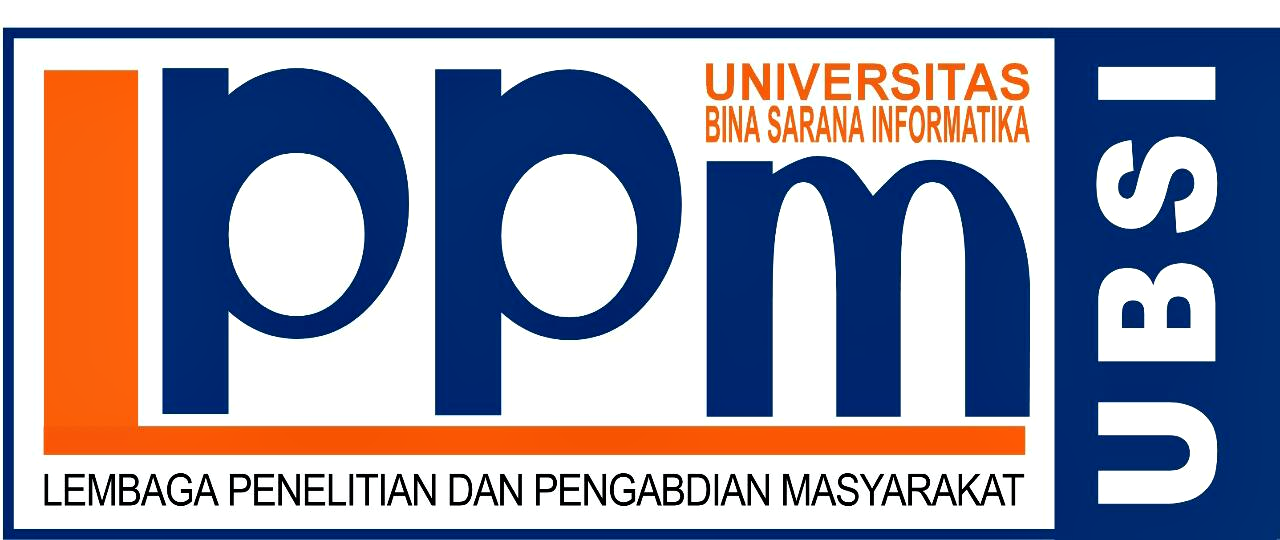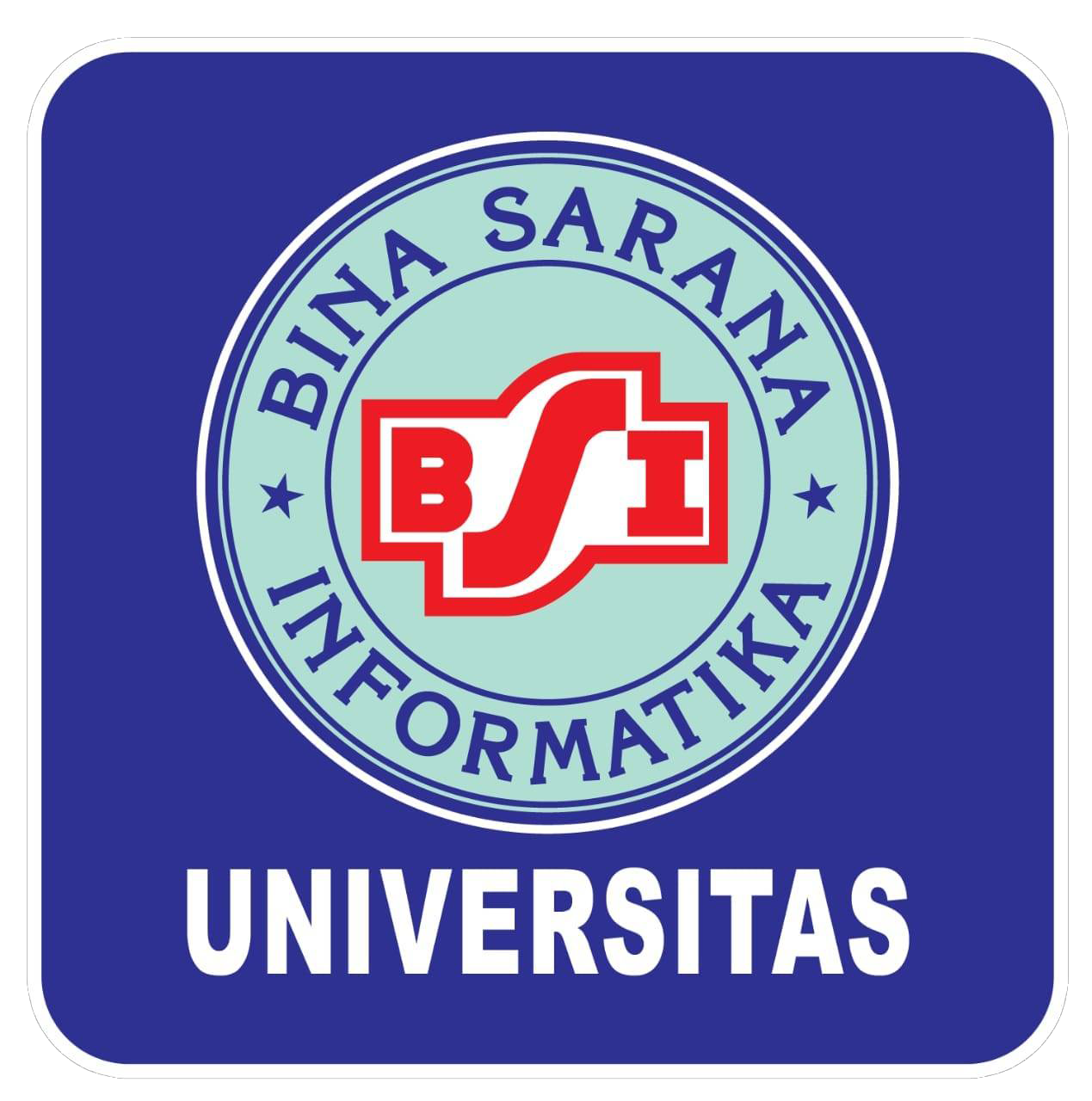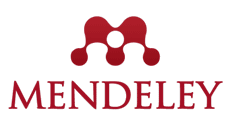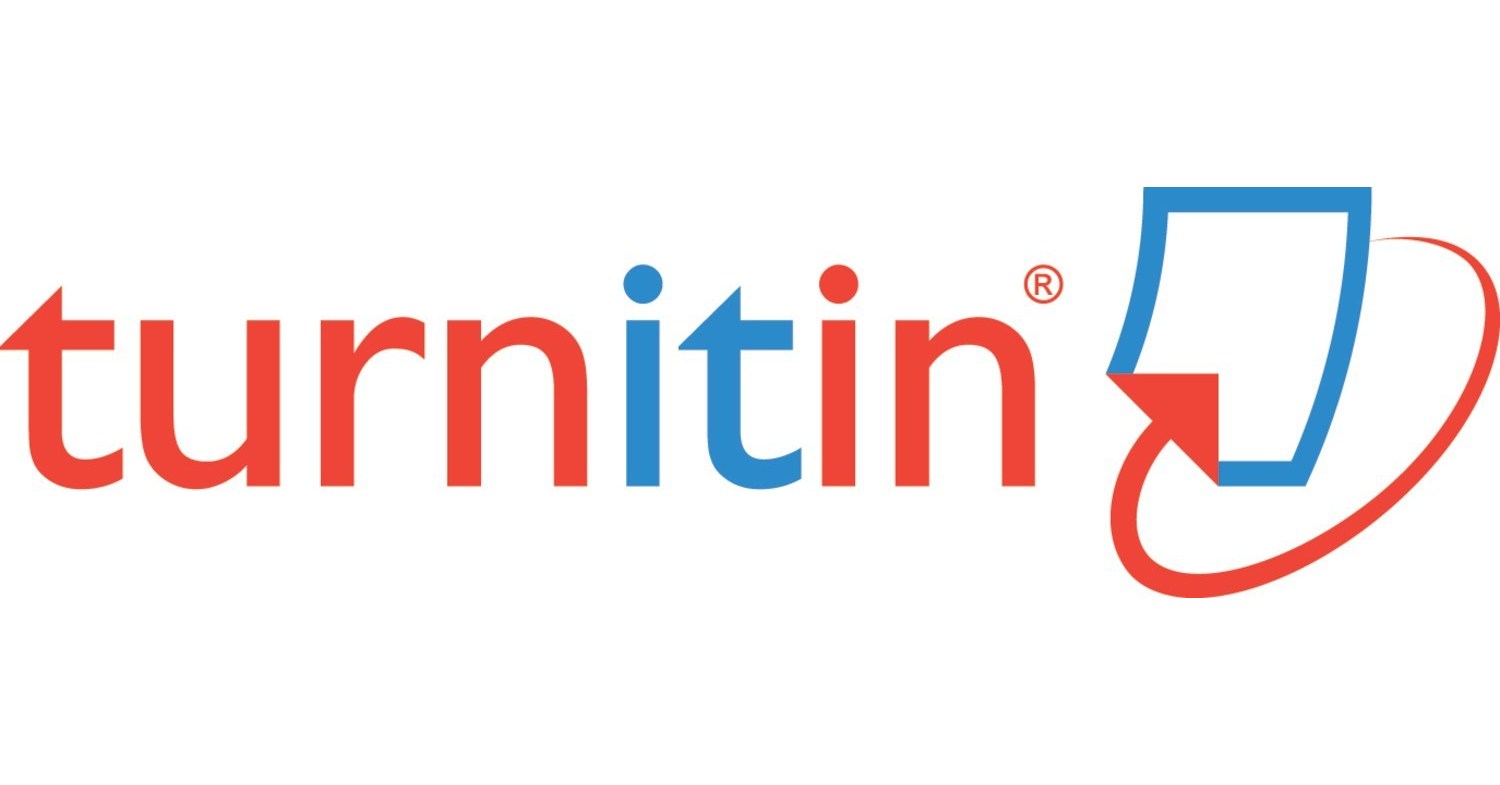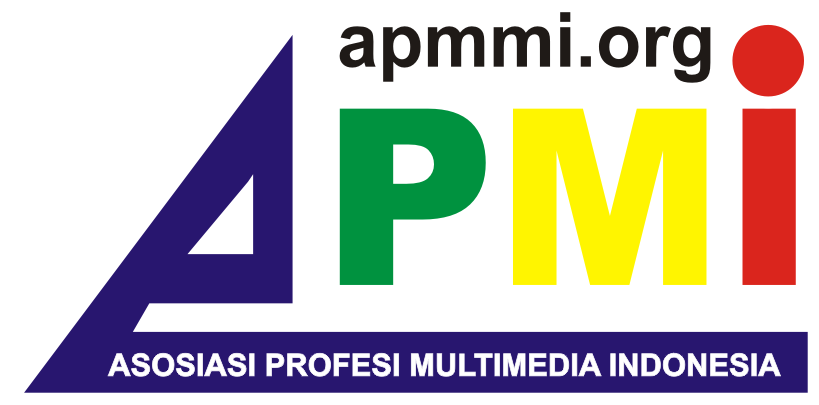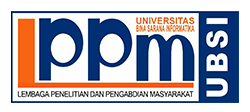- Focus and Scope
- Section Policies
- Peer Review Process
- Open Access Policy
- Archiving
- About Jurnal Evolusi
- Publication Ethics
- Author Guidelines
- Index By
Focus and Scope
Papers published in the half-yearly (March and September):
(1) evaluation reports and research findings;
(2) conceptual and methodological issues; and/or
(3) implications of the above for action; and/or
(4) an extensive book reviews section and also occasional reports on counseling and educational materials and equipment./text
- Soft computing
- Information Systems and Technologies
- Human Computer Interaction
- Soft Computing and Intelligent System
- Information Retrieval
- Knowledge Engineering
- Decision Support System
- Fuzzy Systems
- Data Mining
- Big Data Analysis
- Information Security
- Networks and Telecommunication Systems
- Networking & Data Communication
- Wearable Computers
- Mobile Computing and Applications
- Cloud Computing
- Machine Learning
- Augmented Reality Application
- Virtual Reality
- Game and Technology
- Signal/Image and Multimedia Processing
- Computer Vision
- Pattern Recognition
- Artificial Intelligent and Expert Systems
- Ubiquitous computing
- Architecture for Autonomous Systems
- Integrated Information and Automation
Section Policies
Articles
Peer Review Process
Submitted papers are evaluated by anonymous referees by double blind peer review for contribution, originality, relevance, and presentation. The Editor shall inform you of the results of the review as soon as possible, hopefully in 2 months. Please notice that because of the great number of submissions that Evolusi Journal has received during the last few months the duration of the review process can be up to 4 months.
Open Access Policy
This journal provides immediate open access to its content on the principle that making research freely available to the public supports a greater global exchange of knowledge.
Archiving
This journal utilizes the LOCKSS system to create a distributed archiving system among participating libraries and permits those libraries to create permanent archives of the journal for purposes of preservation and restoration. More...
About Jurnal Evolusi
This journal provides immediate open access to all article on the principle that making research freely available to the public; supports a greater global exchange of knowledge; and invaluable way to maximize the visibility and impact of research, especially sience, management and informatics field. This means:
- Everyone has free and unlimited access to the full-text of all articles published in Evolusi journals;
- Everyone is free to re-use the published material if proper accreditation/citation of the original publication is given;
- Open a oportunity for potential benefits for society, this can improve the research profile of author(s);
- Open access publication is supported by the authors' institutes or research funding agencies by payment of a comparatively low Article Processing Charge (APC) for accepted articles.
Important Note: some articles (especially Reviews) may contain figures, tables or text taken from other publications, for which Evolusi Journal does not hold the copyright or the right to re-license the published material. Please note that you should inquire with the original copyright holder (usually the original publisher or authors), whether or not this material can be re-used.
Publication Ethics
Publication Ethics of EVOLUSI
This statement clarifies ethical behaviour of all parties involved in the act of publishing an article in our journals, including the authors, the editors, the peer-reviewers and the publisher Universitas Bina Sarana Informatika. This statement is based on COPE’s Best Practice Guidelines for Journal Editors.
Ethical EVOLUSI for Journal Publication
The publication of an article in a peer-reviewed Evolusi Journal is an essential building block in the development of a coherent and respected network of knowledge. It is a direct reflection of the quality of the work of the authors and the institutions that support them. Peer-reviewed articles support and embody the scientific method. It is therefore important to agree upon standards of expected ethical behavior for all parties involved in the act of publishing: the authors, the journal editors, the peer reviewers, the publisher and the society.
Publication decisions
The editors of the Evolusi Journal are responsible for deciding which of the articles submitted to the journal should be published. The validation of the work in question and its importance to researchers and readers must always drive such decisions. The editors may be guided by the policies of the journal's editorial board and constrained by such legal requirements as shall then be in force regarding libel, copyright infringement and plagiarism. The editors may confer with other editors or reviewers in making this decision.
Fair play
An editor at any time evaluate manuscripts for their intellectual content without regard to race, gender, sexual orientation, religious belief, ethnic origin, citizenship, or political philosophy of the authors.
Confidentiality
The editor and any editorial staff must not disclose any information about a submitted manuscript to anyone other than the corresponding author, reviewers, potential reviewers, other editorial advisers, and the publisher, as appropriate.
Disclosure and conflicts of interest
Unpublished materials disclosed in a submitted manuscript must not be used in an editor's own research without the express written consent of the author.
Duties of Reviewers
Contribution to Editorial Decisions
Peer review assists the editor in making editorial decisions and through the editorial communications with the author may also assist the author in improving the paper.
Promptness
Any selected referee who feels unqualified to review the research reported in a manuscript or knows that its prompt review will be impossible should notify the editor and excuse himself from the review process.
Confidentiality
Any manuscripts received for review must be treated as confidential documents. They must not be shown to or discussed with others except as authorized by the editor.
Standards of Objectivity
Reviews should be conducted objectively. Personal criticism of the author is inappropriate. Referees should express their views clearly with supporting arguments.
Acknowledgement of Sources
Reviewers should identify relevant published work that has not been cited by the authors. Any statement that an observation, derivation, or argument had been previously reported should be accompanied by the relevant citation. A reviewer should also call to the editor's attention any substantial similarity or overlap between the manuscript under consideration and any other published paper of which they have personal knowledge.
Disclosure and Conflict of Interest
Privileged information or ideas obtained through peer review must be kept confidential and not used for personal advantage. Reviewers should not consider manuscripts in which they have conflicts of interest resulting from competitive, collaborative, or other relationships or connections with any of the authors, companies, or institutions connected to the papers.
Duties of Authors
Reporting standards
Authors of reports of original research should present an accurate account of the work performed as well as an objective discussion of its significance. Underlying data should be represented accurately in the paper. A paper should contain sufficient detail and references to permit others to replicate the work. Fraudulent or knowingly inaccurate statements constitute unethical behaviour and are unacceptable.
Data Access and Retention
Authors are asked to provide the raw data in connection with a paper for editorial review, and should be prepared to provide public access to such data (consistent with the ALPSP-STM Statement on Data and Databases), if practicable, and should in any event be prepared to retain such data for a reasonable time after publication.
Originality and Plagiarism
The authors should ensure that they have written entirely original works, and if the authors have used the work and/or words of others that this has been appropriately cited or quoted.
Multiple, Redundant or Concurrent Publication
An author should not in general publish manuscripts describing essentially the same research in more than one journal or primary publication. Submitting the same manuscript to more than one journal concurrently constitutes unethical publishing behaviour and is unacceptable.
Acknowledgement of Sources
Proper acknowledgment of the work of others must always be given. Authors should cite publications that have been influential in determining the nature of the reported work.
Authorship of the Paper
Authorship should be limited to those who have made a significant contribution to the conception, design, execution, or interpretation of the reported study. All those who have made significant contributions should be listed as co-authors. Where there are others who have participated in certain substantive aspects of the research project, they should be acknowledged or listed as contributors. The corresponding author should ensure that all appropriate co-authors and no inappropriate co-authors are included on the paper, and that all co-authors have seen and approved the final version of the paper and have agreed to its submission for publication.
Disclosure and Conflicts of Interest
All authors should disclose in their manuscript any financial or other substantive conflict of interest that might be construed to influence the results or interpretation of their manuscript. All sources of financial support for the project should be disclosed.
Fundamental errors in published works
When an author discovers a significant error or inaccuracy in his/her own published work, it is the author’s obligation to promptly notify the journal editor or publisher and cooperate with the editor to retract or correct the paper.
This statement clarifies the ethical behaviour of all parties involved in the act of publishing an article in this journal as well as allegations of research misconduct, including the author, the chief editor, the Editorial Board, the peer-reviewer and the publisher (LPPM UNIVERSITAS BINA SARANA INFORMATIKA KAMPUS KAB. BANYUMAS). This statement is based on COPE’s Best Practice Guidelines for Journal Editors.
Section A: Publication and authorship
- All submitted papers are subject to strict peer-review process by at least two international reviewers that are experts in the area of the particular paper.
- Review process are blind peer review.
- The factors that are taken into account in review are relevance, soundness, significance, originality, readability and language.
- The possible decisions include acceptance, acceptance with revisions, or rejection.
- If authors are encouraged to revise and resubmit a submission, there is no guarantee that the revised submission will be accepted.
- Rejected articles will not be re-reviewed.
- The paper acceptance is constrained by such legal requirements as shall then be in force regarding libel, copyright infringement and plagiarism.
- No research can be included in more than one publication.
Section B: Authors’ responsibilities
- Authors must certify that their manuscripts are their original work.
- Authors must certify that the manuscript has not previously been published elsewhere.
- Authors must certify that the manuscript is not currently being considered for publication elsewhere.
- Authors must participate in the peer review process.
- Authors are obliged to provide retractions or corrections of mistakes.
- All Authors mentioned in the paper must have significantly contributed to the research.
- Authors must state that all data in the paper are real and authentic.
- Authors must notify the Editors of any conflicts of interest.
- Authors must identify all sources used in the creation of their manuscript.
- Authors must report any errors they discover in their published paper to the Editors.
Section C: Reviewers’ responsibilities
- Reviewers should keep all information regarding papers confidential and treat them as privileged information.
- Reviews should be conducted objectively, with no personal criticism of the author
- Reviewers should express their views clearly with supporting arguments
- Reviewers should identify relevant published work that has not been cited by the authors.
- Reviewers should also call to the Editor in Chief’s attention any substantial similarity or overlap between the manuscript under consideration and any other published paper of which they have personal knowledge.
- Reviewers should not review manuscripts in which they have conflicts of interest resulting from competitive, collaborative, or other relationships or connections with any of the authors, companies, or institutions connected to the papers.
Section D: Editors’ responsibilities
- Editors have complete responsibility and authority to reject/accept an article.
- Editors are responsible for the contents and overall quality of the publication.
- Editors should always consider the needs of the authors and the readers when attempting to improve the publication.
- Editors should guarantee the quality of the papers and the integrity of the academic record.
- Editors should publish errata pages or make corrections when needed.
- Editors should have a clear picture of a research’s funding sources.
- Editors should base their decisions solely one the papers’ importance, originality, clarity and relevance to publication’s scope.
- Editors should not reverse their decisions nor overturn the ones of previous editors without serious reason.
- Editors should preserve the anonymity of reviewers.
- Editors should ensure that all research material they publish conforms to internationally accepted ethical guidelines.
- Editors should only accept a paper when reasonably certain.
- Editors should act if they suspect misconduct, whether a paper is published or unpublished, and make all reasonable attempts to persist in obtaining a resolution to the problem.
- Editors should not reject papers based on suspicions, they should have proof of misconduct.
- Editors should not allow any conflicts of interest between staff, authors, reviewers and board members.
Author Guidelines
Carefully read the submission guidelines as follows:
A. General Requirements
The minimum standard requirements of Evolusi : Jurnal Sains dan Manajemen must be:
1. For articles in Bahasa Indonesia, please use the refer to the correct "Pedoman Umum Ejaan Bahasa Indonesia Yang Disempurnakan" as can be followed through this link.
2. The length of submitted paper is at least 6 pages and no more than 12 pages. Editors will be evaluated if the papers are needing more pages than 12 pages.
3. Use of a tool such as Mendeley or EndNote for reference management and formatting, and choose IEEE style
4. Make sure that your paper is prepared using the Evolusi paper template and Copyright Trasfer Form when if it accepted.
B. Structure of The Manuscript
The manuscript must be prepared and suggested present follow the structure:
1. Title. The title of paper is max 10 words, without Acronym or abbreviation
2. Abstract. The Abstract has maksimum 250 words; No citation; State in the abstract a primary objective, research design, methodology, main outcomes and results, and the conclusions.
3. Section structure. Authors are suggested to present their articles in the section structure: Introduction – The Proposed Method/Algorithm (optional) – Method –Results and Discussion – Conclusion
4. References. Expect a minimum of 15 references primarily with minimum 80% to journal papers.

